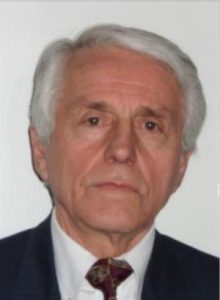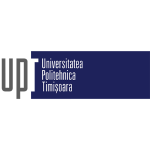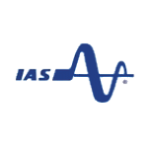
Conference hosted in the city known as "The Little Vienna"
ELECTRIC INNOVATE
Exploring the cutting edge of electrical and electronic equipment optimization.
Find out moreGREEN POWER TECH
Focusing on the nexus of environmental sustainability and power electronics.
Find out moreFUTURE SUSTAIN DRIVE
Charting the course for the next era of electrical machines and power electronics.
Find out moreSpecial Sessions
Industry news, Others (subject to proposals received)
Track chairs:
Bülent Şarlioğlu
RE-EMERGENCE OF CURRENT SOURCE INVERTERS USING WIDE BANDGAP DEVICES AND COMPARISON WITH VOLTAGE SOURCE INVERTERS
Ph.D., Professor, University of Wisconsin-Madison, USA, IEEE Distinguished Lecturer
Ion Boldea
Romania
Location
UPT Conference Center
Politehnica University Timisoara, Vasile Parvan Boulevard, no. 2b, Timisoara, Romania, 300223
SPONSORS
Organized and
sponsored by
Technically co-sponsored by











